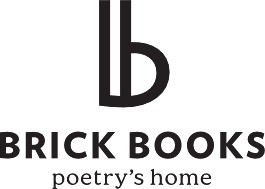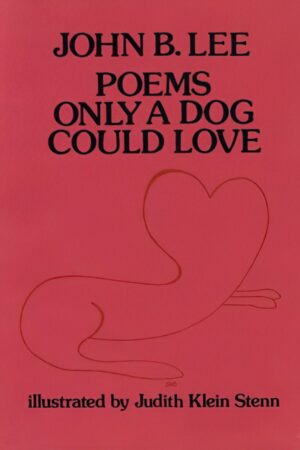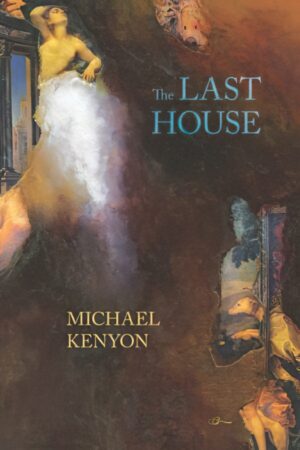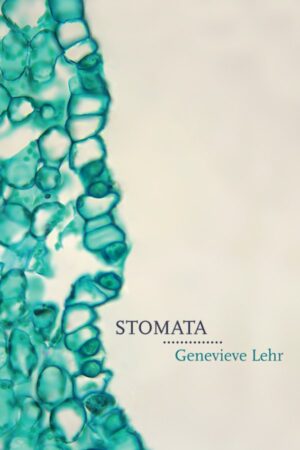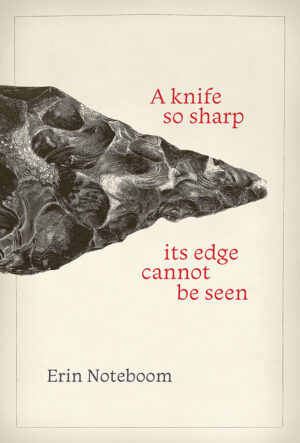Selah by Nora Gould
$12.00 – $20.00
Finalist 2017 Governor General’s Award for Poetry
Shortlisted 2017 Stephan G. Stephansson Award for Poetry (Writers Guild of Alberta Award)
A long poem that limns the incremental mourning of living with a person who has frontotemporal dementia
8.75 x 5.75 Inches | 72 Pages
Publication Date: September 15, 2016
Trade Paperback ISBN: 9781771314451
|
Trade Paperback $20 |
|
|
EPUB + PDF $12 |
